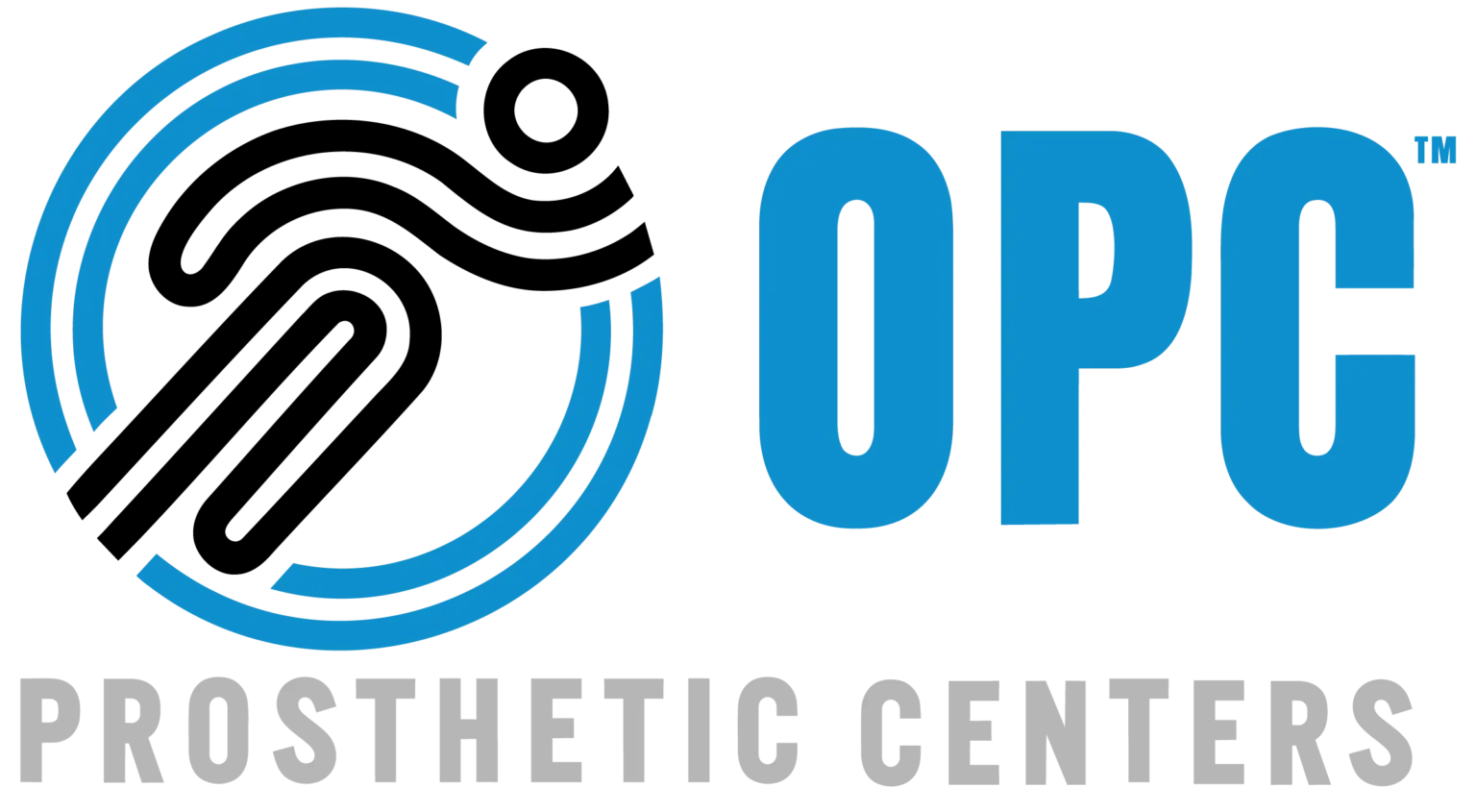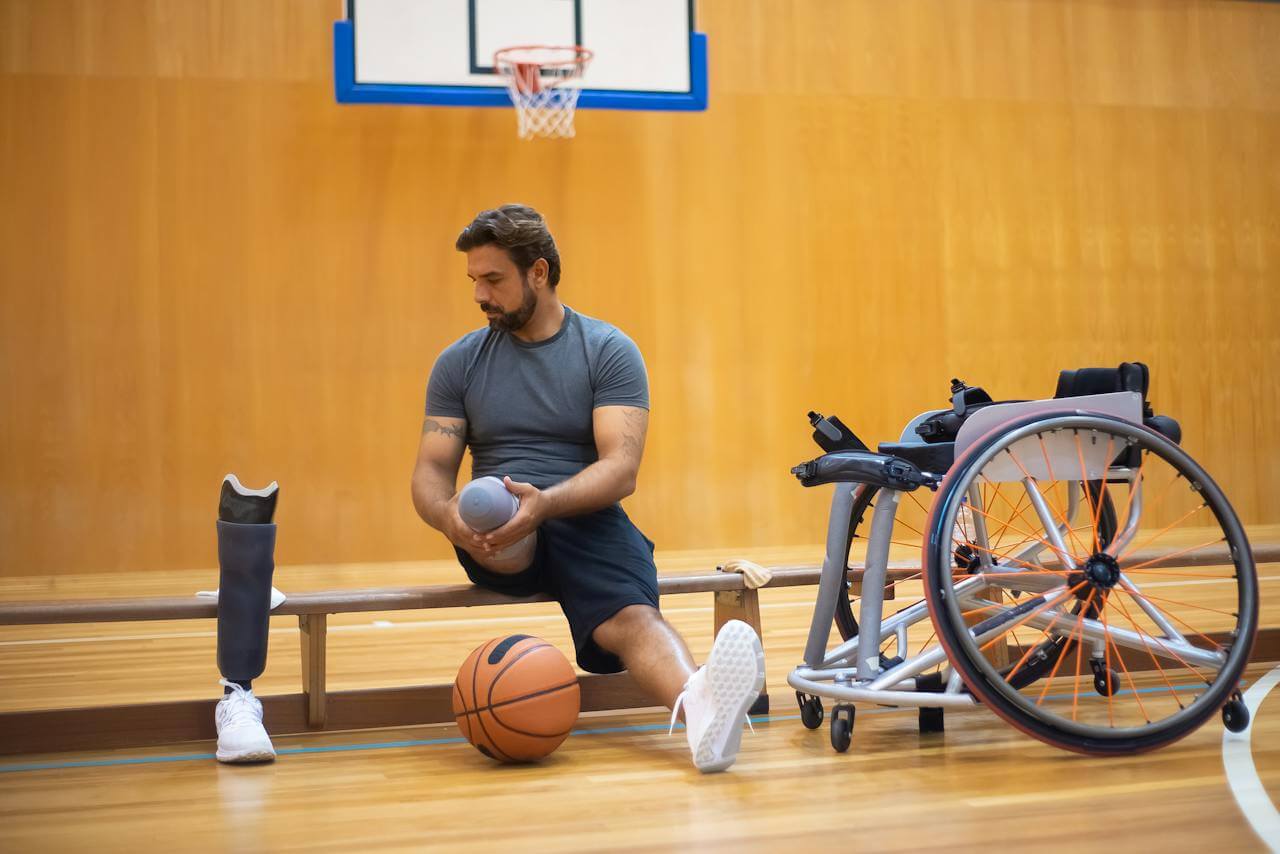In the dynamic realm of prosthetic research and development, where technological innovations continually push the boundaries of what’s possible, ethical considerations play a pivotal role. As scientists, engineers, and designers collaborate to create cutting-edge prosthetic solutions, questions arise about the moral implications surrounding these advancements. This article delves into the ethical considerations inherent in the field of prosthetics, shedding light on the complex intersection of technology, humanity, and the pursuit of enhanced quality of life.
Balancing Innovation and Accessibility
One of the primary ethical dilemmas in prosthetic research lies in the balance between innovation and accessibility. As groundbreaking technologies emerge, there is a concern that high costs may limit access to these advancements for a broader population. Striking a balance between pushing the boundaries of what prosthetics can achieve and ensuring that these innovations are accessible to all individuals, regardless of economic status, becomes a crucial ethical imperative.
The Informed Consent Conundrum
In the realm of medical research, obtaining informed consent is a cornerstone of ethical practice. However, the unique nature of prosthetic research introduces challenges in communicating the potential risks and benefits of experimental technologies to participants. Ensuring that individuals are well-informed about the experimental nature of certain prosthetic interventions and that their consent is truly informed, is an ongoing ethical consideration.
Data Security and Privacy
With the integration of smart technologies in modern prosthetics, concerns about data security and privacy emerge. Prosthetic devices that collect and transmit data pose ethical questions regarding how this information is stored, who has access to it, and how it might be used. Striking a balance between harnessing data for the improvement of prosthetic technologies and safeguarding individuals’ privacy becomes a delicate ethical tightrope to walk.
Cultural Sensitivity in Design
Prosthetic design is not a one-size-fits-all endeavor. Different cultures have unique perspectives on disability, and what may be perceived as empowering in one context could be stigmatizing in another. Ethical considerations in prosthetic design extend to ensuring cultural sensitivity, acknowledging diverse perspectives, and avoiding the imposition of a single narrative on individuals with limb differences.
Preventing Technological Discrimination
As prosthetic technologies become more sophisticated, there is a risk of creating a technological divide between those with access to state-of-the-art devices and those without. This potential for discrimination raises ethical questions about the social implications of such disparities and the responsibility of the prosthetics industry to strive for inclusivity and equal access to advanced technologies.
Addressing Unintended Consequences
Innovation doesn’t come without risks, and the field of prosthetics is no exception. Ethical considerations encompass addressing and mitigating unintended consequences that may arise from the use of cutting-edge prosthetic technologies. This includes potential health risks, unforeseen societal impacts, and the long-term consequences of relying on rapidly evolving solutions.
The Role of Stakeholder Engagement
Ethical decision-making in prosthetic research involves engaging with various stakeholders, including prosthetic users, healthcare professionals, and advocacy groups. Ensuring that the voices of those directly affected by prosthetic innovations are heard and valued is an ethical imperative. This participatory approach not only promotes inclusivity but also helps identify potential ethical pitfalls that might be overlooked in a more top-down development process.
Conclusion
As the field of prosthetic research and development continues to advance, ethical considerations remain at the forefront of responsible innovation. Balancing technological progress with accessibility, respecting individual autonomy through informed consent, safeguarding data privacy, and embracing cultural sensitivity are all part of the ethical tapestry that defines the journey toward better prosthetic solutions. Ultimately, the ethical landscape of prosthetics demands a thoughtful and inclusive approach that prioritizes the well-being and empowerment of individuals living with limb differences.



